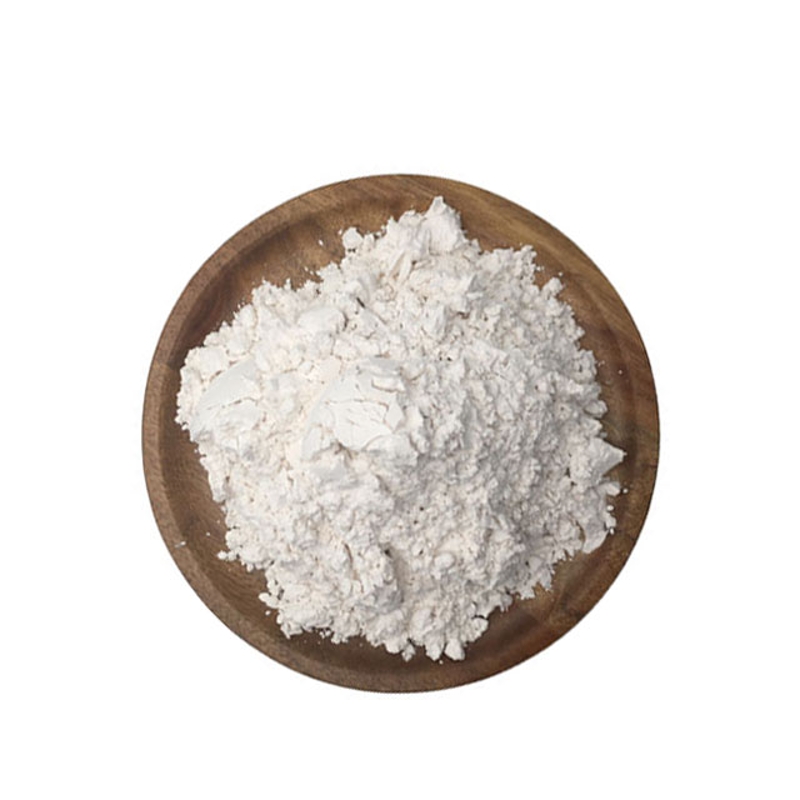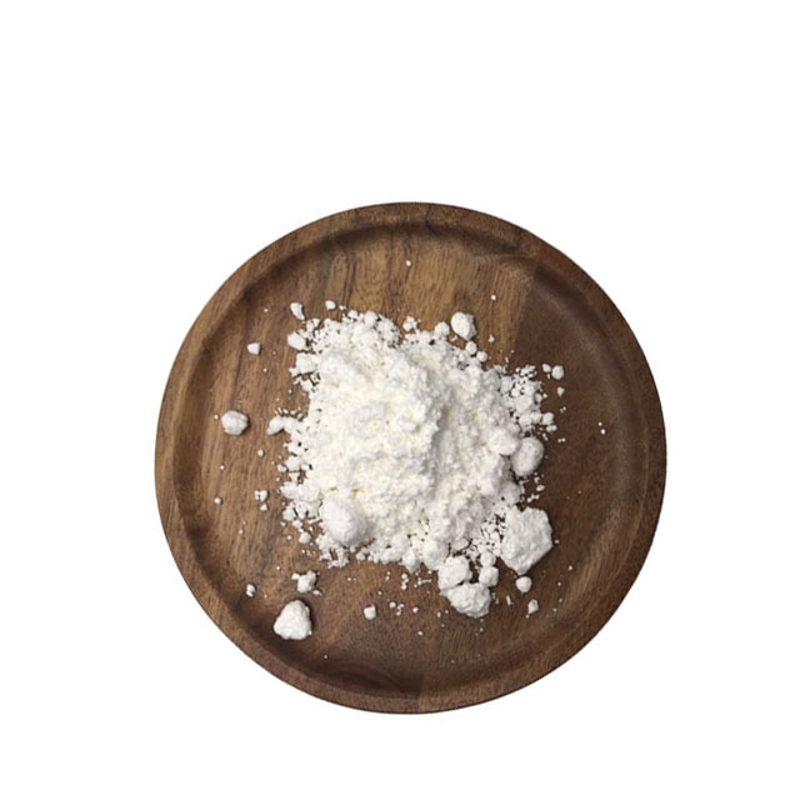-
Categories
-
Pharmaceutical Intermediates
-
Active Pharmaceutical Ingredients
-
Food Additives
- Industrial Coatings
- Agrochemicals
- Dyes and Pigments
- Surfactant
- Flavors and Fragrances
- Chemical Reagents
- Catalyst and Auxiliary
- Natural Products
- Inorganic Chemistry
-
Organic Chemistry
-
Biochemical Engineering
- Analytical Chemistry
- Cosmetic Ingredient
-
Pharmaceutical Intermediates
Promotion
ECHEMI Mall
Wholesale
Weekly Price
Exhibition
News
-
Trade Service
▎While the editors of WuXi AppTec's content team are in the process of popularizing the new crown vaccination, whether special populations can be vaccinated and whether it will affect it has been continuously discussed.
Recently, the Journal of the American Medical Association published an important prospective study that analyzed the changes in antibodies in breast milk after vaccinations in lactating women and their potential impact on both mother and baby.
Screenshot source: JAMA This research comes from the Israeli team.
On December 20, 2020, Israel launched a national vaccination plan for the new crown vaccine.
Medical workers are one of the priority groups for vaccination, and many women are breastfeeding.
Although vaccine clinical trials lack corresponding population data, breastfeeding women at high risk are still encouraged to vaccinate.
Between December 23, 2020 and January 15, 2021, the research team recruited breastfeeding vaccinators across Israel, and received 2 doses of Pfizer/BioNTech vaccine at 21 days intervals.
Before vaccination, their breast milk samples should be collected.
From the second week of the first dose of vaccination, breast milk samples will be collected once a week for 6 consecutive weeks for breast milk antibody testing.
In addition, the research team also collected maternal and infant health data many times before and after vaccination, including information on vaccine-related adverse events.
A total of 84 women completed the study and provided 504 breast milk samples.
The average age of these women is 34 years and the average age of the babies is 10.
32 months.
The analysis showed that after the mother's vaccination, the level of new crown-specific IgA antibodies in breast milk increased rapidly, and began to increase significantly (2.
05 times) 2 weeks after the first dose of vaccination, and 61.
8% of breast milk samples were positive for IgA antibodies; to the fourth Week (1 week after the second dose of vaccination), the positive rate of IgA antibody was as high as 86.
1%. During the follow-up period, the average level of IgA antibodies was still at a high level.
At the 6th week, 65.
7% of the samples were still positive.
The new crown-specific IgG antibody remained low in the first 3 weeks, and increased significantly in the 4th week (20.
5 U/mL).
91.
7% of breast milk samples were positive for IgG antibodies.
By the 5th and 6th weeks, IgG antibodies The positive rate rose to 97%.
▲After the first dose of vaccination, the levels of IgA and IgG antibodies in breast milk changed (picture source: reference [1]) During the study period, no mothers or infants experienced any serious adverse events.
After the first and second doses of vaccination, 47 women (55.
9%) and 52 women (52.
6%) respectively reported vaccine-related adverse events, the most common of which was local pain.
During the study period, on the 7, 12, 15 and 20 days after the mother was vaccinated, 4 babies had fever.
All the babies had symptoms of upper respiratory tract infection, including cough and congestion.
Most of them could be cured without treatment, only 1 The infant was admitted to the hospital for evaluation of neonatal fever and received antibiotic treatment.
No other adverse events were reported.
The research team pointed out that these data show that within 6 weeks after vaccination, new crown-specific IgA and IgG antibodies are secreted in breast milk in large quantities.
The changes in antibodies after vaccination are similar to those observed in women with new crown infections in other studies.
Although the antibodies have not been tested for function, previous studies have shown that these antibodies have a neutralizing effect, which suggests that the antibodies in breast milk after vaccination have a potential protective effect on infant infections.
New crown research related reading Kexing inactivated vaccine phase 3 trial detailed data released, 100% prevention of moderate to severe COVID-19 against the key mutant strain of new crown, Sinopharm and Zhifei vaccine neutralization efficacy data published "The Lancet-Microbe" NEJM: Targeting New coronavirus mutant virus, Sinopharm and Kexing inactivated vaccine neutralization effectiveness results released.
How long will the new coronavirus vaccine be "effective"? NEJM publishes mRNA vaccine protection persistence data JAMA: In response to key mutations of the new coronavirus, the vaccine protection effect is much higher than that of natural infection! Reference [1] Perl SH, et al.
, (2021).
SARS-CoV-2–Specific Antibodies in Breast Milk After COVID-19 Vaccination of Breastfeeding Women.
JAMA, DOI: 10.
1001/jama.
2021.
5782 Note: This article aims to Introduce medical and health research progress, not a treatment plan recommendation.
If you need guidance on treatment plans, please go to a regular hospital for treatment.
Recently, the Journal of the American Medical Association published an important prospective study that analyzed the changes in antibodies in breast milk after vaccinations in lactating women and their potential impact on both mother and baby.
Screenshot source: JAMA This research comes from the Israeli team.
On December 20, 2020, Israel launched a national vaccination plan for the new crown vaccine.
Medical workers are one of the priority groups for vaccination, and many women are breastfeeding.
Although vaccine clinical trials lack corresponding population data, breastfeeding women at high risk are still encouraged to vaccinate.
Between December 23, 2020 and January 15, 2021, the research team recruited breastfeeding vaccinators across Israel, and received 2 doses of Pfizer/BioNTech vaccine at 21 days intervals.
Before vaccination, their breast milk samples should be collected.
From the second week of the first dose of vaccination, breast milk samples will be collected once a week for 6 consecutive weeks for breast milk antibody testing.
In addition, the research team also collected maternal and infant health data many times before and after vaccination, including information on vaccine-related adverse events.
A total of 84 women completed the study and provided 504 breast milk samples.
The average age of these women is 34 years and the average age of the babies is 10.
32 months.
The analysis showed that after the mother's vaccination, the level of new crown-specific IgA antibodies in breast milk increased rapidly, and began to increase significantly (2.
05 times) 2 weeks after the first dose of vaccination, and 61.
8% of breast milk samples were positive for IgA antibodies; to the fourth Week (1 week after the second dose of vaccination), the positive rate of IgA antibody was as high as 86.
1%. During the follow-up period, the average level of IgA antibodies was still at a high level.
At the 6th week, 65.
7% of the samples were still positive.
The new crown-specific IgG antibody remained low in the first 3 weeks, and increased significantly in the 4th week (20.
5 U/mL).
91.
7% of breast milk samples were positive for IgG antibodies.
By the 5th and 6th weeks, IgG antibodies The positive rate rose to 97%.
▲After the first dose of vaccination, the levels of IgA and IgG antibodies in breast milk changed (picture source: reference [1]) During the study period, no mothers or infants experienced any serious adverse events.
After the first and second doses of vaccination, 47 women (55.
9%) and 52 women (52.
6%) respectively reported vaccine-related adverse events, the most common of which was local pain.
During the study period, on the 7, 12, 15 and 20 days after the mother was vaccinated, 4 babies had fever.
All the babies had symptoms of upper respiratory tract infection, including cough and congestion.
Most of them could be cured without treatment, only 1 The infant was admitted to the hospital for evaluation of neonatal fever and received antibiotic treatment.
No other adverse events were reported.
The research team pointed out that these data show that within 6 weeks after vaccination, new crown-specific IgA and IgG antibodies are secreted in breast milk in large quantities.
The changes in antibodies after vaccination are similar to those observed in women with new crown infections in other studies.
Although the antibodies have not been tested for function, previous studies have shown that these antibodies have a neutralizing effect, which suggests that the antibodies in breast milk after vaccination have a potential protective effect on infant infections.
New crown research related reading Kexing inactivated vaccine phase 3 trial detailed data released, 100% prevention of moderate to severe COVID-19 against the key mutant strain of new crown, Sinopharm and Zhifei vaccine neutralization efficacy data published "The Lancet-Microbe" NEJM: Targeting New coronavirus mutant virus, Sinopharm and Kexing inactivated vaccine neutralization effectiveness results released.
How long will the new coronavirus vaccine be "effective"? NEJM publishes mRNA vaccine protection persistence data JAMA: In response to key mutations of the new coronavirus, the vaccine protection effect is much higher than that of natural infection! Reference [1] Perl SH, et al.
, (2021).
SARS-CoV-2–Specific Antibodies in Breast Milk After COVID-19 Vaccination of Breastfeeding Women.
JAMA, DOI: 10.
1001/jama.
2021.
5782 Note: This article aims to Introduce medical and health research progress, not a treatment plan recommendation.
If you need guidance on treatment plans, please go to a regular hospital for treatment.







